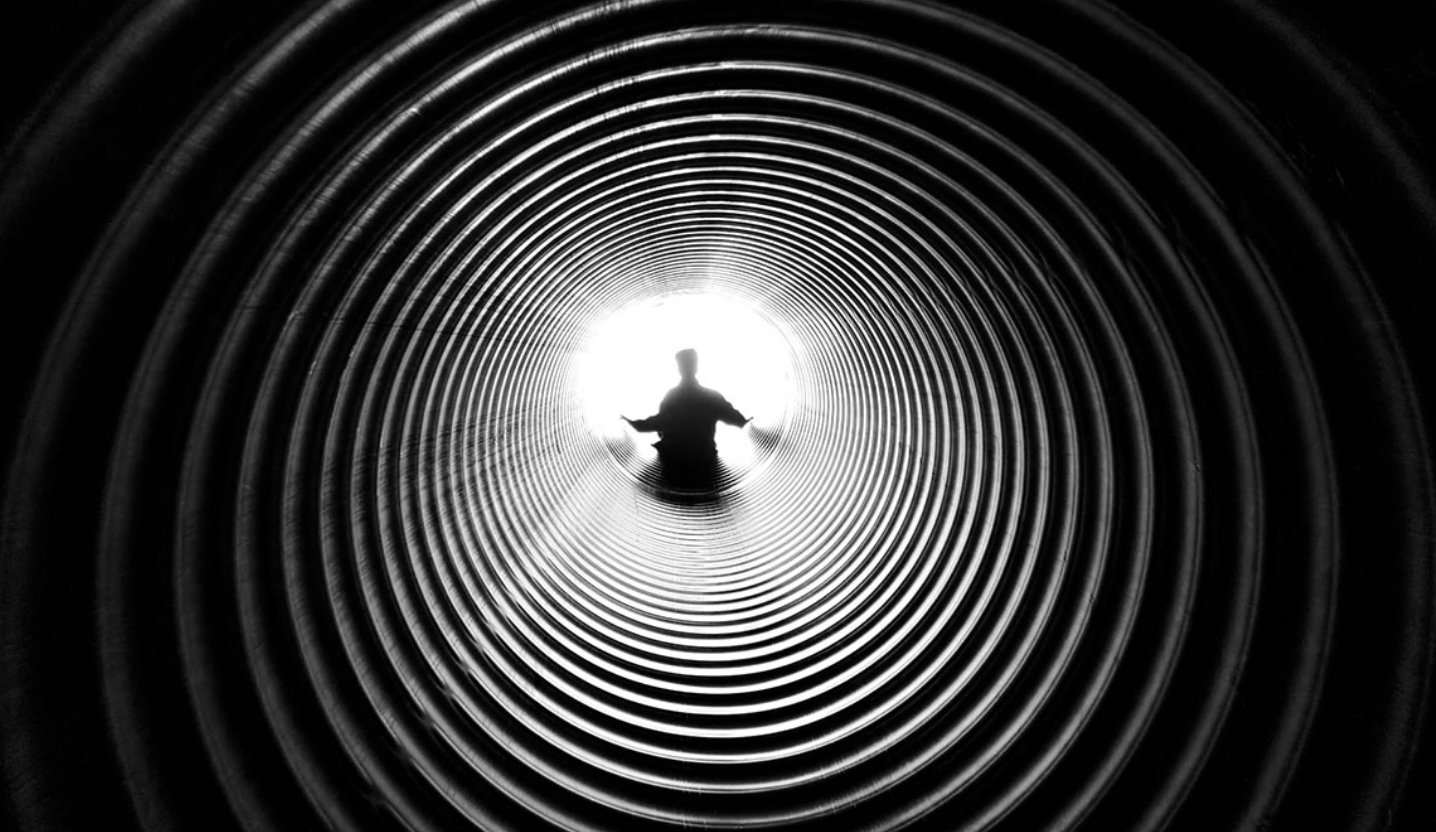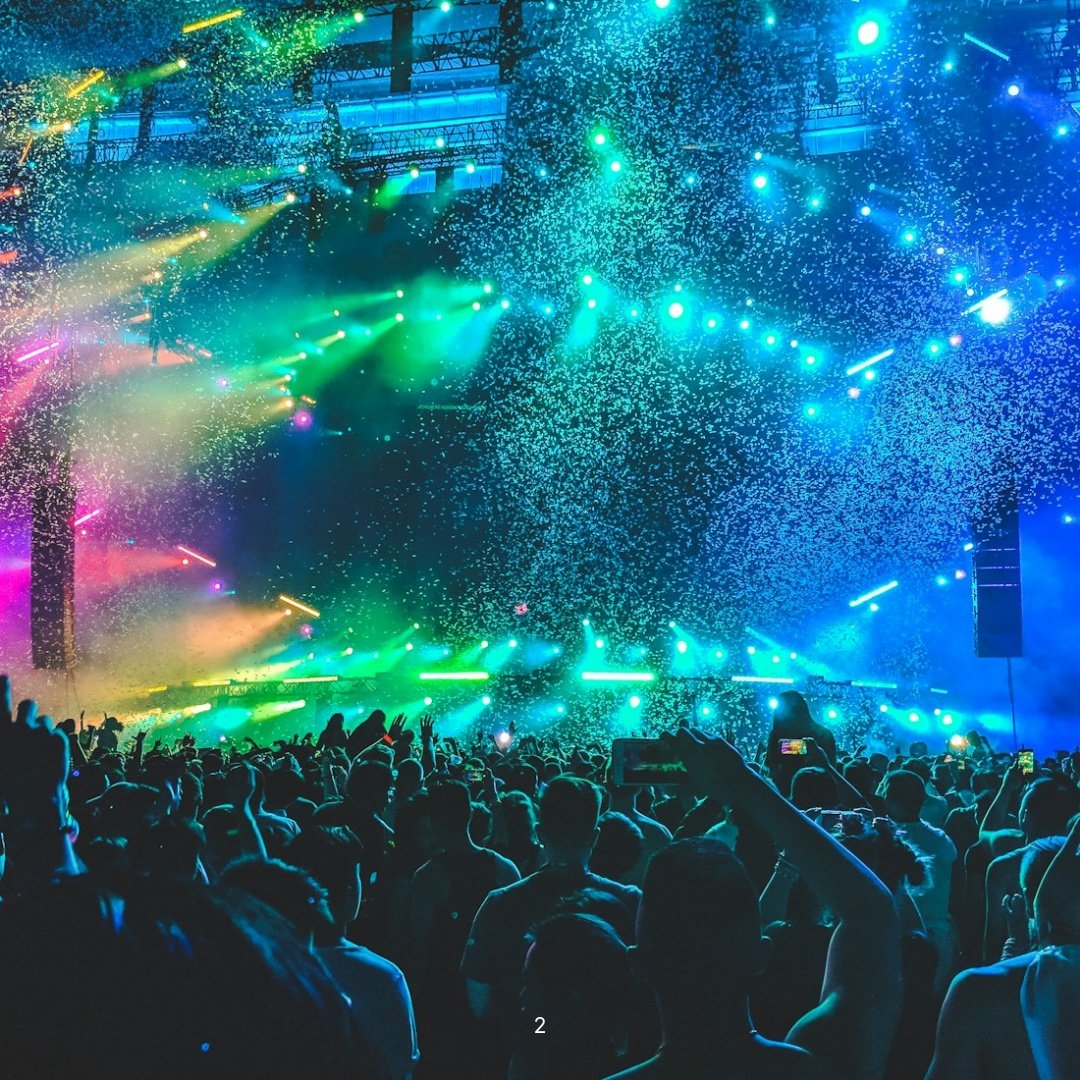Insights in Music and Culture

The Spiritual Roots of Electronic Dance Music (Part 1)
Summary
Unbeknownst to most, Electronic Dance Music (EDM) has spiritual roots. The article explores the beginnings of House music and its evolution into modern EDM. It argues that house music develops from African American and Latino sub-cultures who desired freedom of expression, connection with a higher power, and strengthening of ancestral ties to Africa and Latin America. Written in two-parts, this article outlines the philosophy of altered states and trance at the core of musical and technological advancements in EDM, leading to its modern cultural and contextual evolution.

Why we Move to Music: The Psychology of Rhythm and Entrainment
Summary
We are only beginning to understand that our ability to move to music is not a choice, but a biological necessity and evolutionary adaptation. Recent scientific research suggests that our ability to perceive rhythm is innate and fundamental, with benefits including better language and reading skills, boosted immune system functioning, enhanced anti-inflammatory properties that aid stress and ageing, social connection, and bonding. This article explores why we have adapted this capability and provides thought-provoking examples as to why cultures, religions, and modern music events have prioritised our need to move to music.

5 Ways Music promotes Health and Well-being
Summary
Music is a universal phenomenon used by all cultures around the world from the beginning of human civilisation. Recent scientific research is confirming the healing properties of music, showing that music is important for health and well-being used to treat a variety of maladies and diseases including Alzheimer’s, stress, depression, trauma, Parkinson’s, Dementia, stoke, pain, neurodevelopmental disorders, and memory loss. Apart from clinical treatments, music is useful at personal, social, and cultural levels, suggesting it has an important role to play in the evolution and health of Western society. In this article, we explore 5 ways that music promotes healing and well-being, expanding the understand of music and its role in our lives.

Music as Life Philosophy: 10 Ways Music teaches us to Live Better.
How does music help us live better? Many musicians adopt an approach to life that is based upon the lessons they learn through their music practice. Music, apart from being a series of organised sounds, can also serve as a philosophy for life that hones our skills and perspectives. This article explores ten core ways that music can be used as a philosophy for living, providing life skills that are transferable into other domains.

The Healing Power of Music
How does music heal ? This article explores this question and suggests that three core elements are necessary for music healing to occur. It uses examples from Latin American ritual, Catholicism, and electronic music festivals to suggest that differences in cultural music are united by these three core elements, used to produce music healing for different audiences and in different cultural contexts.

The Psychology of Music: Transitions
How is music used to create altered states ?
In this article we explore the musical techniques that enable musicians to craft music that pushes audiences into trance and altered states. Based on research in music psychology, ritual, and global cultural practices, this article aims to change the way we think about music and its role in our lives.

The Psychology of Music: Intensity
What is musical intensity and how is it used to create transformation in audiences ?
This article discusses how intensity is a critical component of music aimed at creating altered states, trance, and emotional catharsis. Based on research in music psychology, ritual, and global cultural practices, it seeks to change the way we think about music and its role in our lives.

The Psychology of Music: Arranging
What is music arranging, and why is it critical to powerful music experiences?
First in a series that explores the psychology of music, this article begins by offering us an insight into music arrangements, suggesting that these underlying structures are the key to creating powerful works that create impact, emotional affect, and altered states in audiences. Based on research in ritual, cultural practices, music psychology, and cutting-edge science.

